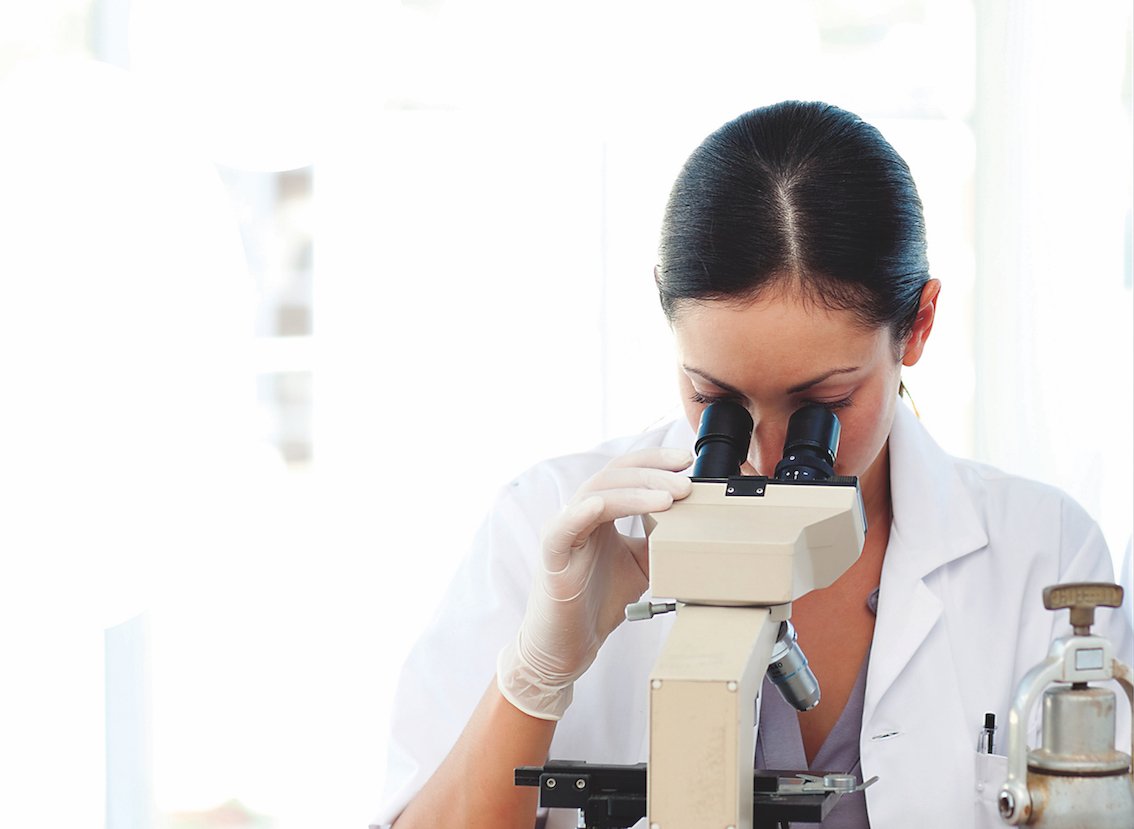
Photo Credit: shutterstock
The Global Health Innovative Technology (GHIT) Fund in Japan has announced a total of approximately 230 million yen ($2.2 million) to invest in four partnerships to develop new lifesaving drugs for malaria and Chagas disease. This includes three new projects and one that will receive continued funding.
"We are pleased to announce our new investments in innovative approaches to identify new drug targets and candidates in early-stage drug development for malaria and Chagas disease.
We are very thrilled with such approaches, which include evaluating specific enzymes as drug targets for Chagas disease using CRISPR/Cas9 technology, virtual screening by utilizing advanced machine-learning tools, and nucleic acid technology that enables highly selective gene targeting for malaria. Furthermore, we are excited about Japanese pharmaceutical companies' further engagement in drug discovery efforts for identifying hit-to-lead compounds in collaboration with the Medicines for Malaria Venture to explore new potential candidates for malaria treatment," said GHIT's CEO and Executive Director Catherine Ohura.
As of December 8, there are 53 ongoing projects, including 29 discovery, 16 preclinical and eight clinical trials in the GHIT portfolio (Appendix 3). The total amount of investments since 2013 is 22.5 billion yen (US$217 million).
These awarded projects were selected from a number of proposals to the RFP2020-001 for Target Research Platform, Screening Platform, Hit-to-Lead Platform, and Product Development Platform, which was open for applications from November 2019 to March 2020. The GHIT board conducted in June 2020 approved these new investments.




